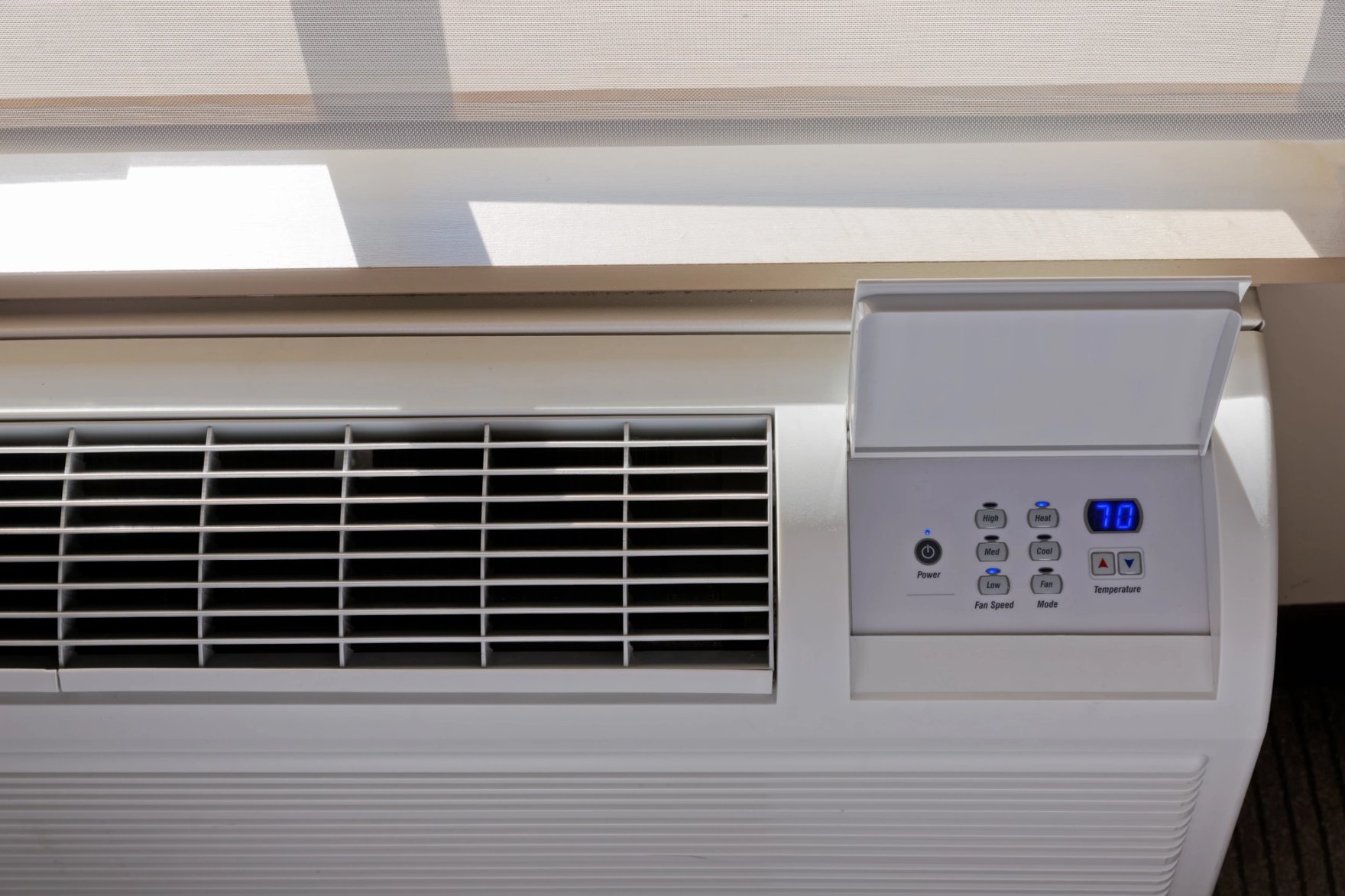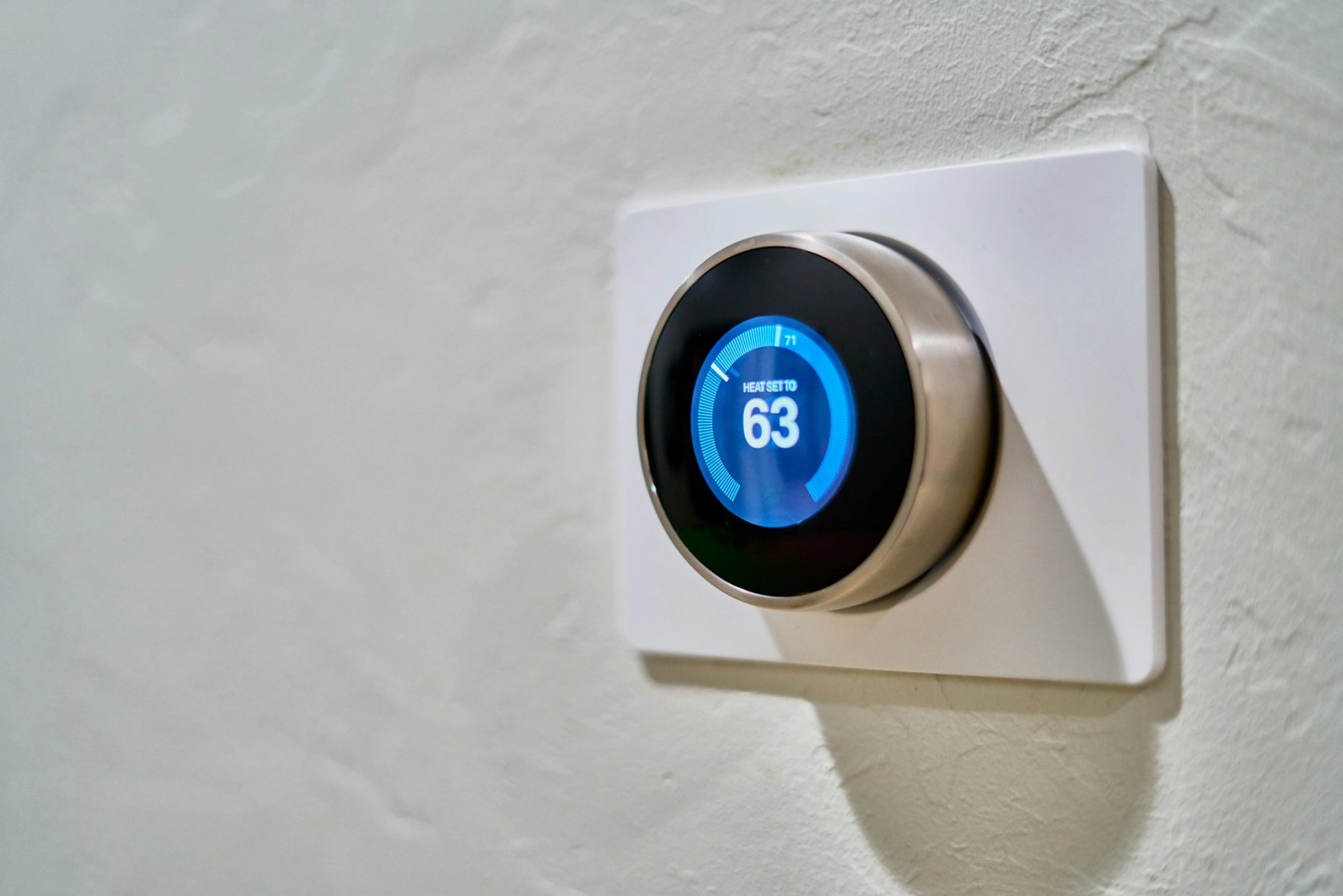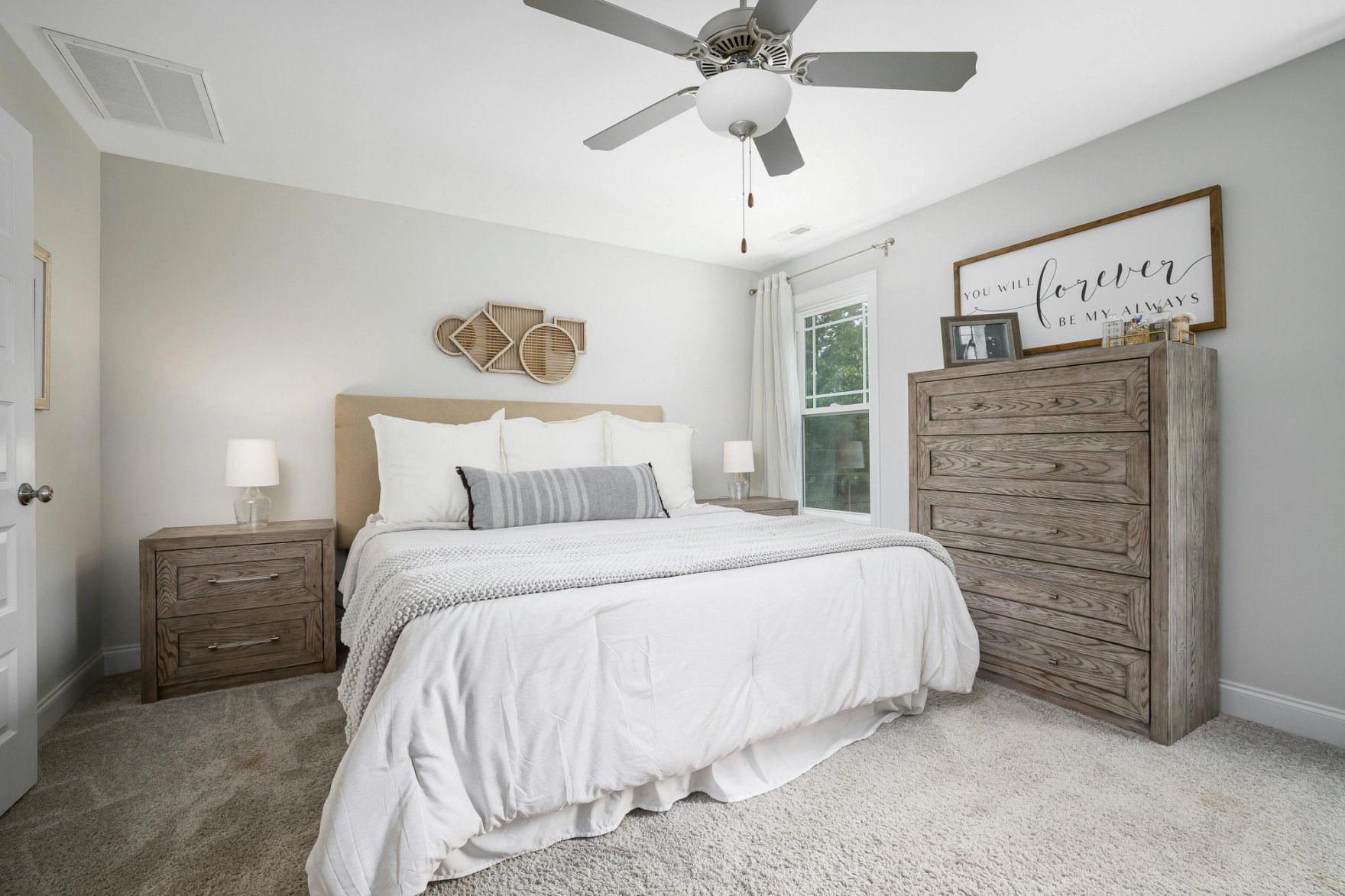Summer is upon us, and the days are progressively getting hotter. Have you started running your air conditioner yet? Are you seeing your energy bills climb with the outside temperatures while you try to maintain cool comfort inside your home? In this article, we’re going to explore how many watts an air conditioner uses and the impact your air conditioning has on your energy bills.

How Much Energy Does the AC Use?
How many watts does an air conditioner use is a common question that pops up every summer as folks in warm climates start installing their window AC units and cranking the thermostat to combat the outside temperatures. Unlike many other appliances which have a standard, timed run cycle, air conditioning units do not. As a result, AC wattage fluctuates depending on how frequently you run your air conditioner. Furthermore, air conditioning usage varies significantly from household to household, making it difficult to have an accurate approximation of how much energy your air conditioning will use. Furthermore, the type of AC unit plays a significant role in answering the question, how many watts is an air conditioner?
The primary cooling systems are a central air conditioning system, a portable air conditioner, and a window AC unit. All three of these systems use different amounts of energy, with a central air conditioner using the most energy, at an average of 3000-3500 watts per hour. Conversely, portable air conditioners use an average of 2900-4100 watts per hour, depending on the model. And how many watts does a window AC use? Window AC units typically have the lowest wattage at 900-1440 watts per hour.
AC Ratings
When looking for a unit, you will likely encounter several air conditioner energy ratings. Two particularly important ones to consider are the SEER, or Seasonal Energy Efficiency Ratio, and BTU, or British Thermal Units.
SEER:
The SEER rating is tied directly to the energy efficiency of an air conditioning unit. It’s important to consider this rating because it will help ensure you are cooling your space in the most efficient way, meaning optimal use of energy and cost savings as a result! The higher the SEER rating on your unit, the more energy-efficient it is. Sometimes, these more efficient units may come at a slightly higher upfront cost. Opting for an air conditioner with a SEER rating between 15 and 18 will give you flexibility with energy efficiency and the cost of the air conditioner.
BTU:
BTU also relates to energy efficiency, measuring how much heat your unit can remove per hour and how much energy it will take to do so. When assessing the BTU of a unit that is right for you, it is important to consider the square footage of the space you are trying to cool. Typically, 20 BTUs is recommended per square foot. Choosing a unit with the correct BTU will ensure that you can effectively cool your space without using more energy than necessary.
Factors That Impact AC Wattage
There are several additional factors to consider when assessing AC unit wattage and choosing a cooling system for your home. Let’s explore these in depth!

Climate:
The climate where you live will also play a significant role in how much energy your air conditioner uses by impacting how frequently you need to cool your home. In some parts of the country, AC is only necessary for several months of the year, while in others, nearly half the year is hot enough to warrant cooling the home, and others still have climates so temperate that air conditioning is rarely a necessity.
Home Size and Insulation:
Predictably, it takes less energy to cool a small one-bedroom apartment than it does to cool a large multi-story home. Beyond home size, the layout also plays a role, with open-concept floor plans allowing for great air circulation, making cooling efforts more energy-efficient. Finally, poor insulation allows cool air to seep out of the home, making your AC work harder to keep your home at a comfortable temperature. Ensuring your home is well insulated has a positive impact on energy efficiency and air conditioner energy use.
Thermostat Setting:
While it may be tempting to crank the AC when trying to get your home to cool down faster, this strategy doesn’t expedite cooling and can lead to unnecessary energy costs. Setting your thermostat to your preferred temperature and waiting for it to kick in is the most energy-efficient way to cool your home. Investing in a smart thermostat that enables you to program it to start before you arrive home can also help maintain the optimal temperature. Your thermostat habits are bound to impact your AC energy use, so be sure to optimize the way you’re using it for maximum energy efficiency.
How to Optimize Your Air Conditioner Use
You can optimize how much energy you use to cool your home through a series of small changes. Not only will these benefit the planet, they will help you save on your electric costs. Let's dive into some of the ways to optimize your cooling energy use.

Ceiling Fans:
Using ceiling fans can help circulate air through your home. After the air conditioner has cooled everything down, turning on the ceiling fan can help disperse the colder air throughout the house, reducing how much your AC needs to run. We recommend powering off your air conditioner before turning on your ceiling fans to avoid the higher energy use that comes when running both simultaneously. You might be wondering, how many watts does a fan use? This is an important consideration as well! A ceiling fan typically uses 33 watts per hour.
If you opt to open your windows in the evenings when the temperatures drop, your ceiling fan can help move the cooler air throughout your home during this time as well This is an even more energy-efficient cooling option! Just make sure your windows stay tightly closed when the air conditioner is running.
Curtains and Blinds:
While natural light is great, direct sunlight streaming through the window can heat a room quickly. If you’re aiming to reduce your air conditioning energy use, closing the blinds when it’s sunny can help naturally keep your space cooler. This can be an especially effective approach if you aren’t home during the day!
ENERGY STAR Certification:
When possible, opting for an ENERGY STAR-certified air conditioner will ensure that you are using one of the most energy-efficient models available. This means your unit will use less energy, helping you save on your cooling costs. ENERGY STAR rates central air conditioning options in addition to room and window air conditioning units.
Summer is a great time to take stock of your appliances and how much energy they use. Optimizing your energy use looks different in the hotter months than in the colder ones, but small changes can have a big impact. Your air conditioner may be contributing significantly to your energy use during this season, causing your electricity bills to increase rapidly. Taking steps to optimize your AC energy use is not only good for the planet but also comes with cost savings for you. Whether you’re opting to keep your blinds closed when it’s sunny or investing in a smart thermostat, we hope you find ways to stay cool, reduce your energy consumption, and save money during this summer season!